De Novo or Acquisition Growth: Which Option is Best?
You’re ready to expand your company – should you open a new start-up clinic or look for an acquisition opportunity?
BY JANIE TAYLOR, CEO, PT, DPT
You opened a clinic—you have learned the ins and outs of private practice and you’re ready to do it all over again!
Physical therapists who open private practices have an entrepreneurial spirit which fuels the desire to grow—in addition to same-store growth, many hope to increase clinic locations. In today’s health care market, opening a start-up clinic or purchasing an existing clinic are both viable options for growth. Assuming you have organizational support in place—compliance, legal, real estate, finance, billing, and HR procedures—a successful location growth plan depends on cash, culture, and cultivating your market.
CASH: KNOW YOUR NUMBERS
Let’s start with the obvious factor when considering start-up versus acquisition: cash. Purchasing an acquisition will have a much larger fiscal impact than a start-up clinic. When considering a start-up budget or determining an acquisition purchase price, you must have set expectations for key performance indicators and be comfortable talking numbers to ensure success. What is your expected profit margin? What is your expected staffing efficiency? What is your expected net revenue per visit? Know the answers to these questions before you start your de novo business plan or acquisition conversations.
De novo clinics have a lower cost, can stretch your capital, and allow you to manage direct costs. Every de novo should start with a business plan; start-up clinics are a numbers game. Include a pro forma for the first five years in your business plan. A pro forma worksheet is a best guess at eval and visit numbers, staffing needs, expenses (including rent and start-up equipment), and revenue per visit. Consider your break-even point and your six-month, one-, three-, and five-year projections. De novo expense and revenue are dollar for dollar—for every dollar you make you are paying back your start-up costs equally.
Acquisition costs are greater because you are buying talent, staff, referral sources, and, most importantly, an existing patient load. Understanding EBITDA (Earnings Before Interest, Taxes, Depreciation, and Amortization) is a must when considering an acquisition purchase (or running any business actually!). EBITDA gauges operating performance and is a key metric when determining the strength of a practice. Acquisition purchase price is typically based on a market-based multiple number multiplied by the trailing 12-month adjusted EBITDA. When entering an acquisition, you need to know how long it will take to recoup your investment money before deciding to buy. Again, you will need a proforma to realize your expense/revenue reconciliation for one-, three- and five-year forecasts.
CULTURE – IT’S IMPORTANT!
Opening your first clinic is fun, exciting, and a blank canvas to define the values, behaviors, and motivations that drive your business. Whether you open another de novo or purchase an existing practice, maintaining your culture is so very important. Culture is your foundation and can affect every aspect of your practice from staff retention to patient satisfaction, and market growth.
When opening a start-up clinic, you most likely will rely on your own staff bench strength—identifying a therapist who is an emerging leader. This person understands your culture, believes in your mission, and lives by your values. You will have an existing relationship with the new clinic staff, one you have developed over years. Perhaps the greatest challenge in fostering your existing culture in a new de novo clinic is relying on “others” to maintain the culture you started. As with all growth, you will have to delegate, and with delegation comes the risk of culture dilution. When opening a de novo, make sure you are clear on existing policies and procedures, and reinforce company values in all decisions early on.
Unlike de novo growth, when you acquire a practice, you are acquiring all the good (and bad) that comes with the clinic. One of the greatest challenges I have faced in my own career is determining if the practice is a culture fit and ensuring we can maintain a culture shift after purchase. Unfortunately, many acquisitions come with a “new guard vs. old guard” mindset that can affect staff attrition and, ultimately, patient volume. The best way to ensure a smooth transition of culture is to have early conversations about the culture of your organization, how you plan to integrate into the acquired clinic, and how you can add organization value as well as plans for future leadership. Ask the difficult questions up front! What role does the current owner want after purchase? How have they historically grown their practice? Have they made promises to staff they are afraid they can’t keep? What practice patterns do their patients expect? To ensure acquisition success, you must have clear communication of expectations before the deal is done.
Once you have finalized an acquisition purchase, the threat of killing all the good vibes created in early conversation still exists as you onboard the clinic with your existing policies and systems. Unlike a de novo when you push forward with all company operations from the start, acquisitions may take a bit more finesse. In the first year after purchase, consider prioritizing which operational changes need to occur now versus later. Key system changes revolving around payroll, HR benefits, etc., may happen early on, while adoption of company CEU practices or something of the like might start later in the transition process. Although the goal is making the clinic your own, this is a marathon, not a sprint.
CULTIVATING YOUR MARKET – STRATEGY MATTERS
Growth requires a marketing plan, but this plan greatly differs for de novo clinics compared to acquisitions. De novo clinics are completely customizable—location, area health care needs, size, floorplan design, branding—all great marketing points if chosen with intent (you can no longer expect success in our highly competitive markets if you haphazardly choose a location and hang your sign). Acquisitions, although less customizable, still require intentional marketing as you are “entering someone else’s home.”
De novo growth is commonly in a new market area, with a goal of opening where you have existing referral sources, minimal competition, and an underserved market. Successful new clinic growth relies heavily on using the marketing strategies you used to start your business, with the added bonus of developed brand recognition (e.g., “new location—same great service!”). I would refer to marketing start-up clinics as a full court press: easy to shout from the roof tops, blast all over social media, and boldly publicize everywhere in the community.
Acquisitions provide an increase in market share quickly with existing referral sources and patient load. The existing owner has many loyal patients and referral sources, and most likely has an emotional connection with the community. Marketing your new acquisition may take a bit more delicacy than a startup clinic. As you transition into the acquired practice, make every attempt to spotlight your collaborative relationship with the previous owner. Unlike de novo growth, rely less on brand recognition and more on working with the prior staff on getting to know patients, talking to referral sources together, and assuming a “same great service, new name” mentality. Cultivating these relationships will ensure not only staff buy in, but patient and referral sources as well.
Whether you choose to open a new clinic from the ground up or find the perfect acquisition fit, deciding how to grow your practice is a big decision. You must have a clear vision, realistic expectations, and a sound roadmap to be successful. Our physical therapy industry is constantly changing; practice growth is not without risks, but expanding your footprint and increasing patient access is a sweet reward.



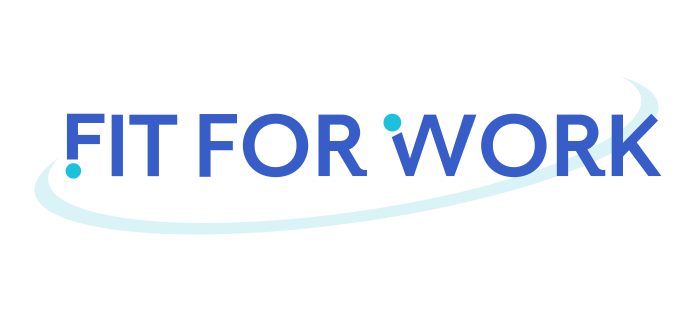


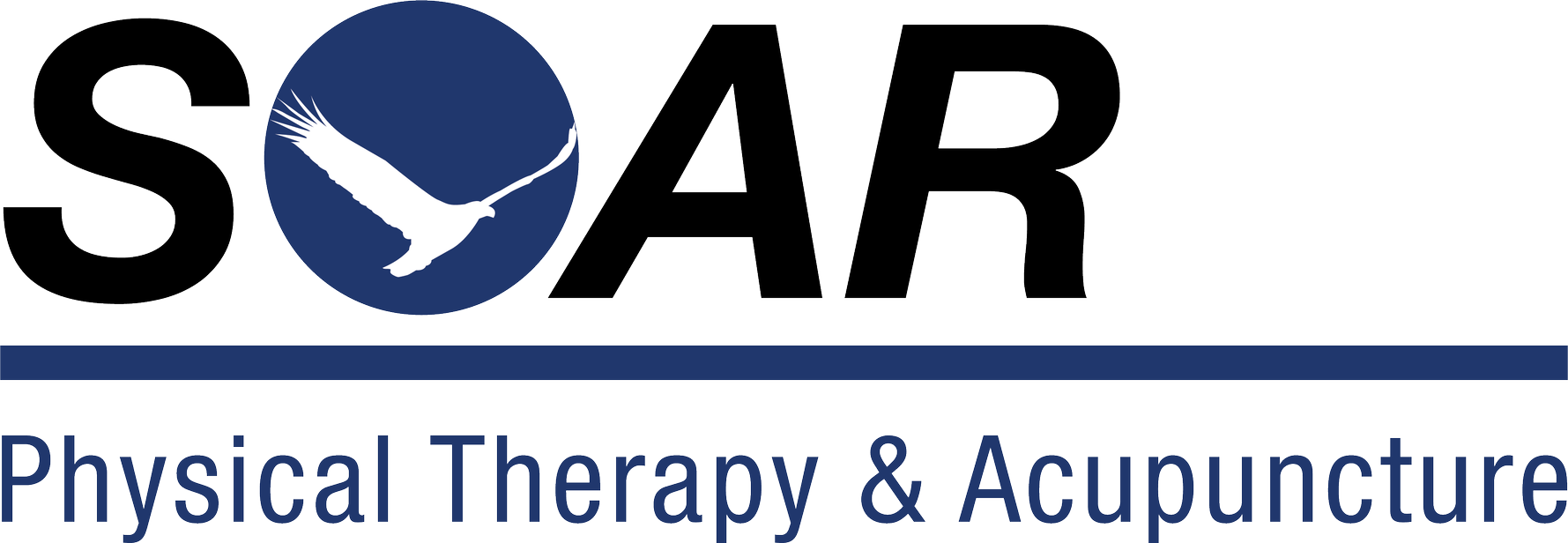

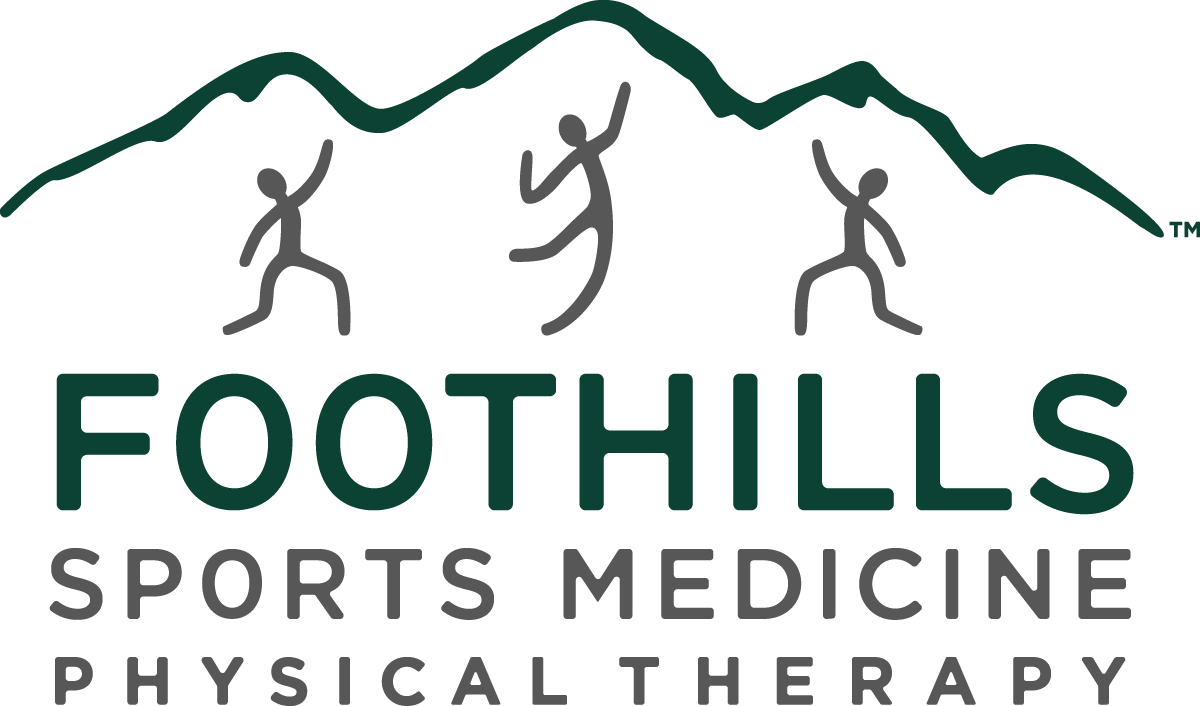
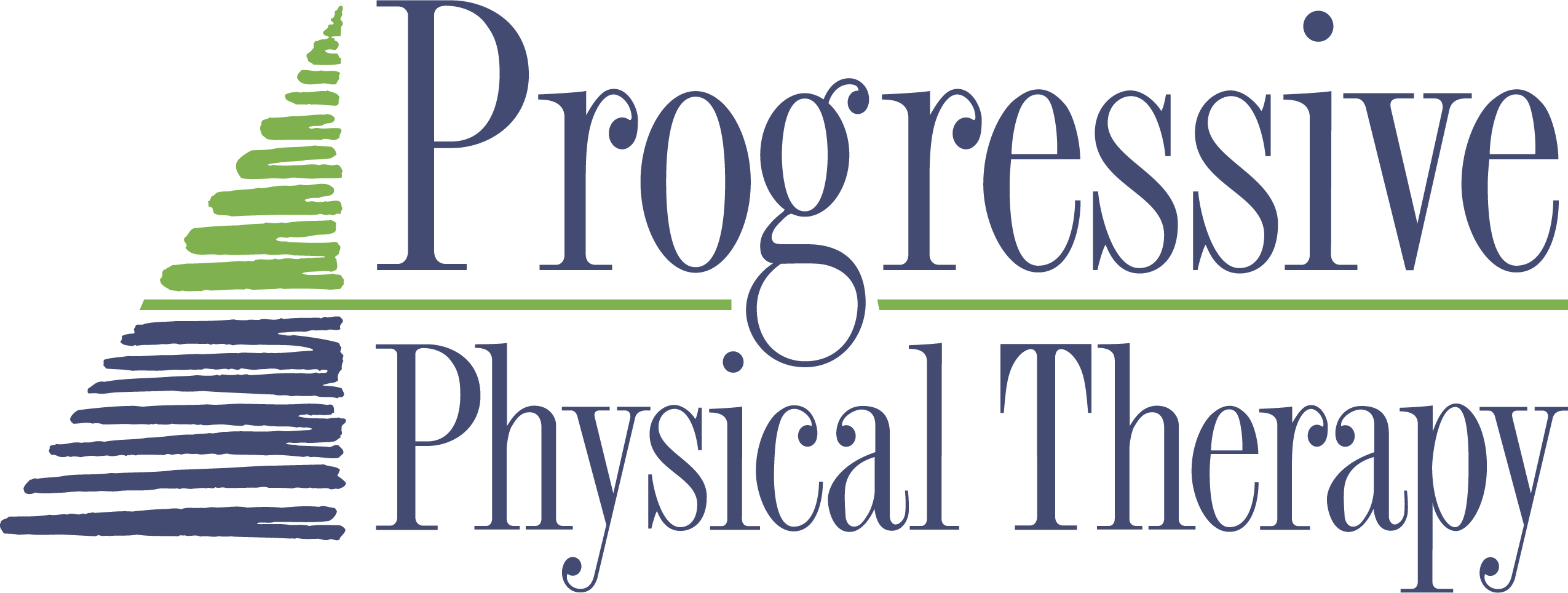

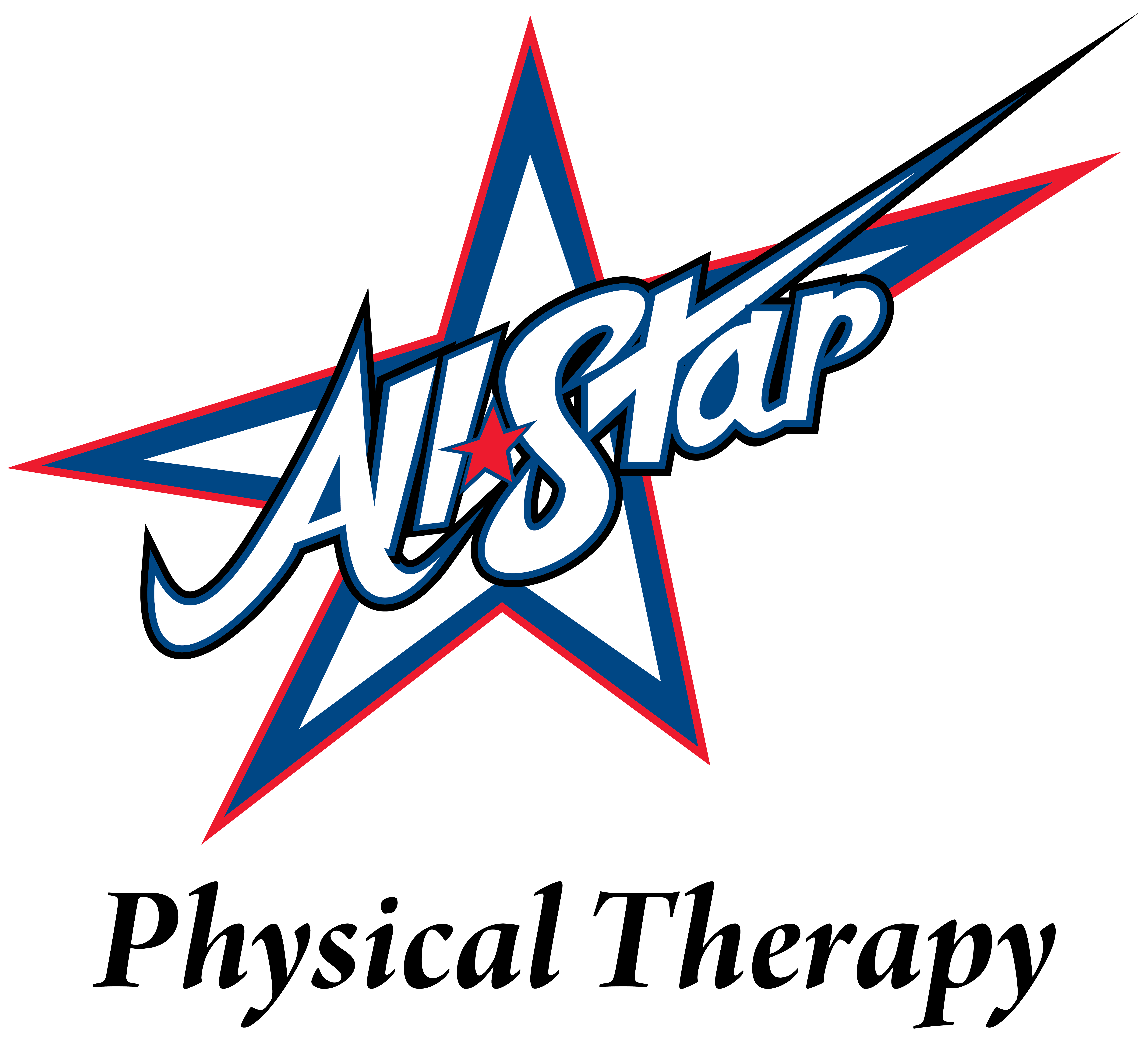




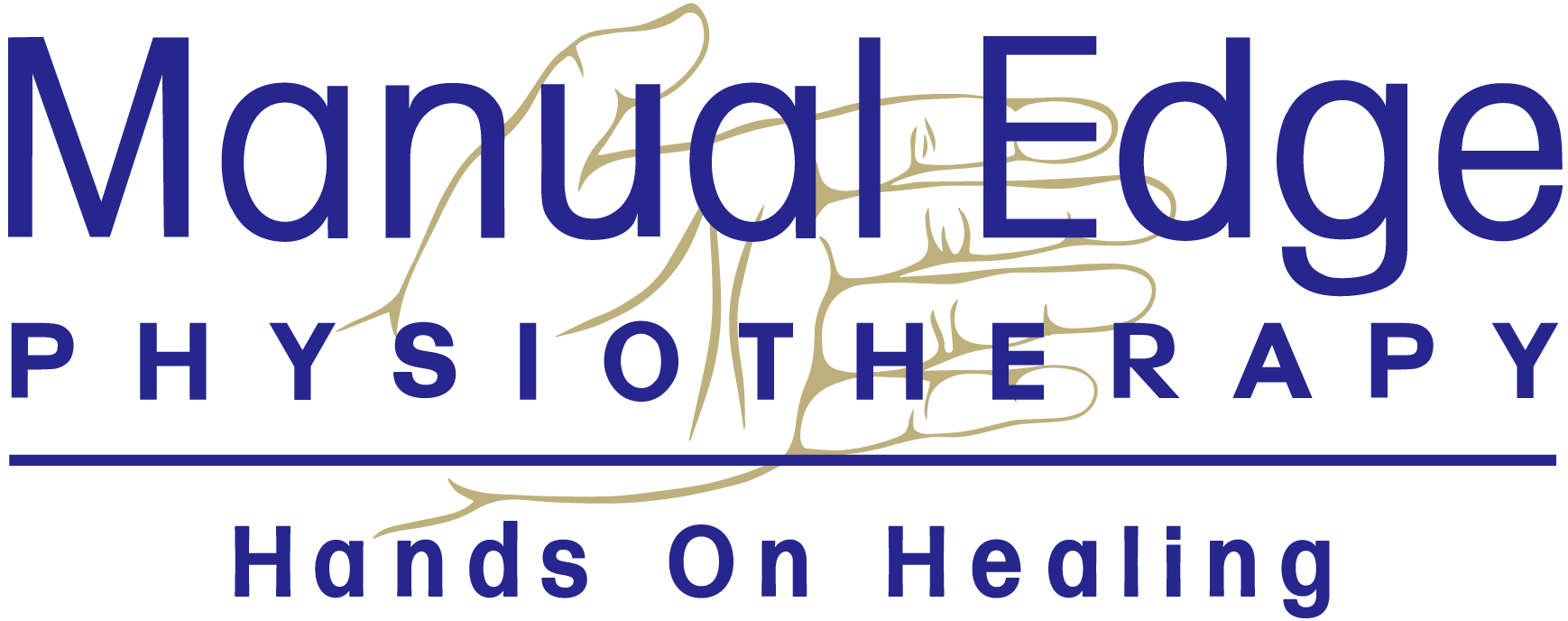
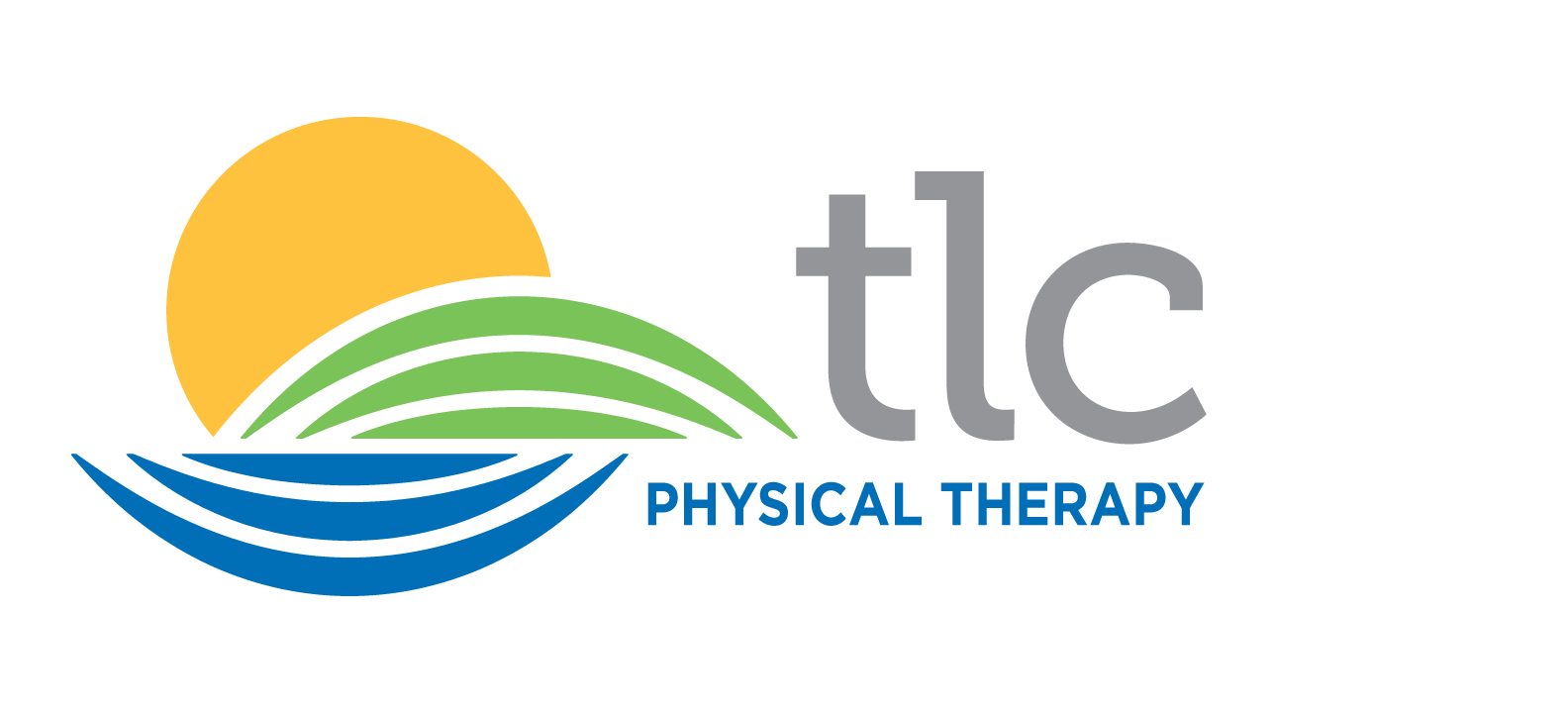
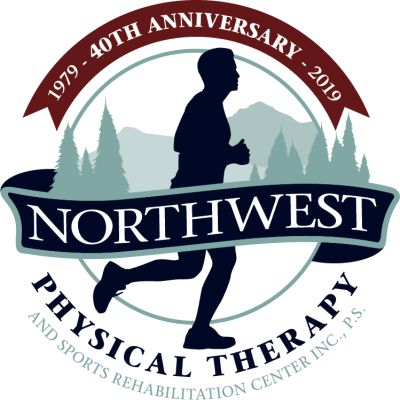



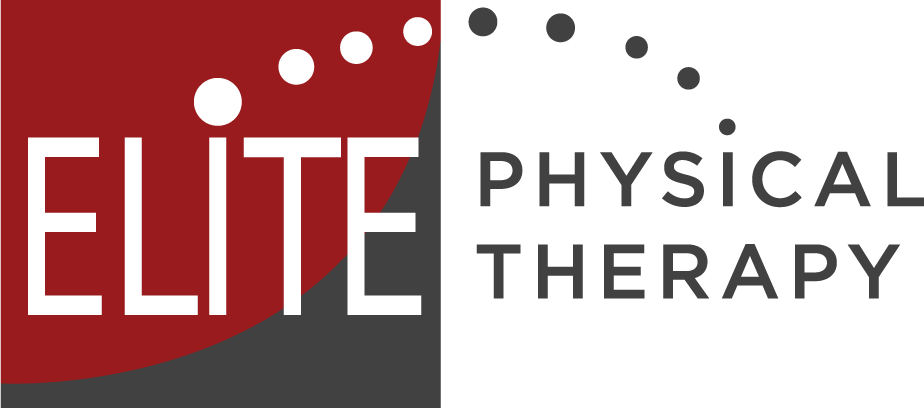

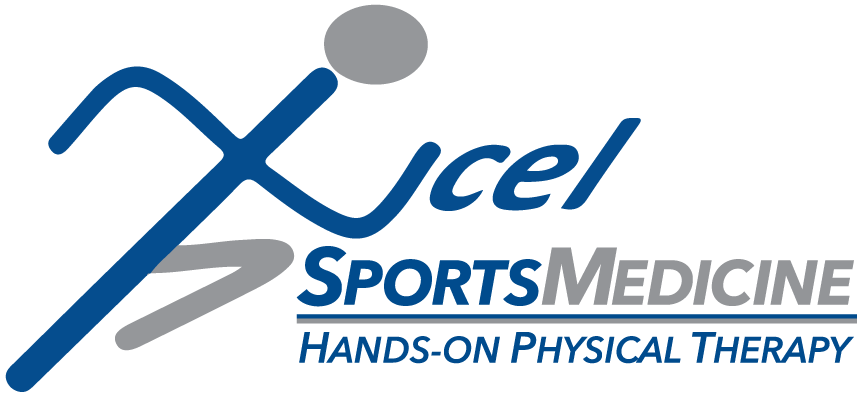



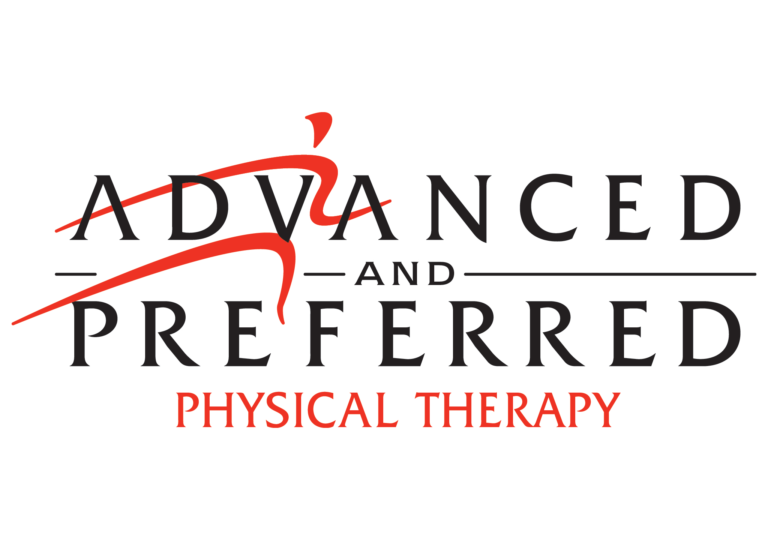

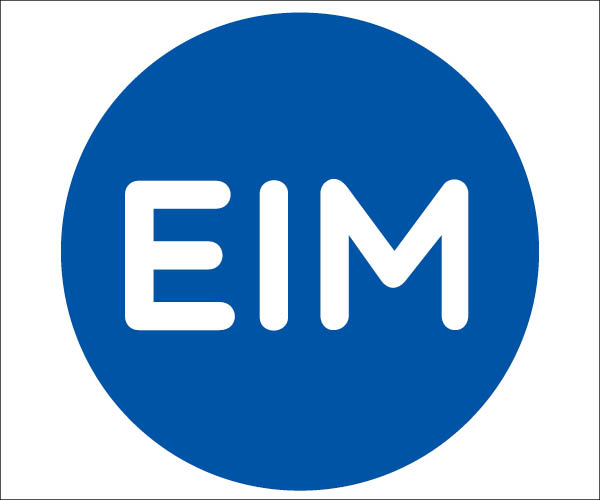

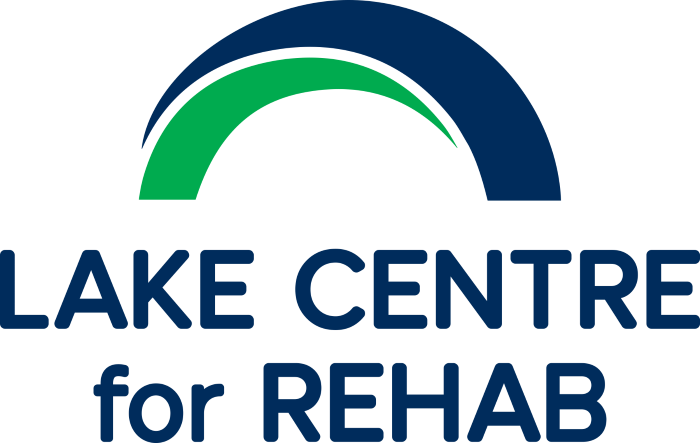


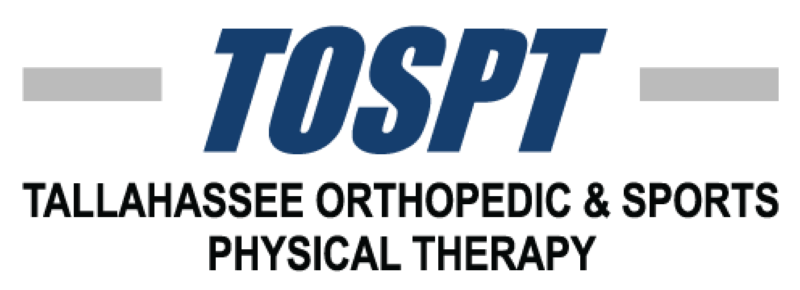













 Director of Marketing, Training and Professional Development
Director of Marketing, Training and Professional Development Marketing Consultant | Boutique Partners
Marketing Consultant | Boutique Partners Digital Marketing Specialist
Digital Marketing Specialist Digital Marketing Manager
Digital Marketing Manager Senior Graphic Designer
Senior Graphic Designer Content Production Manager
Content Production Manager Graphic Designer
Graphic Designer Senior Director of Partner Growth
Senior Director of Partner Growth Hive Marketing Liaison
Hive Marketing Liaison Digital Marketing Campaign Specialist
Digital Marketing Campaign Specialist Marketing Analyst
Marketing Analyst VP Brand Communications
VP Brand Communications  Web Designer
Web Designer Marketing Communications Specialist
Marketing Communications Specialist PR + Communications Manager
PR + Communications Manager Senior Director, Consumer Media Group
Senior Director, Consumer Media Group